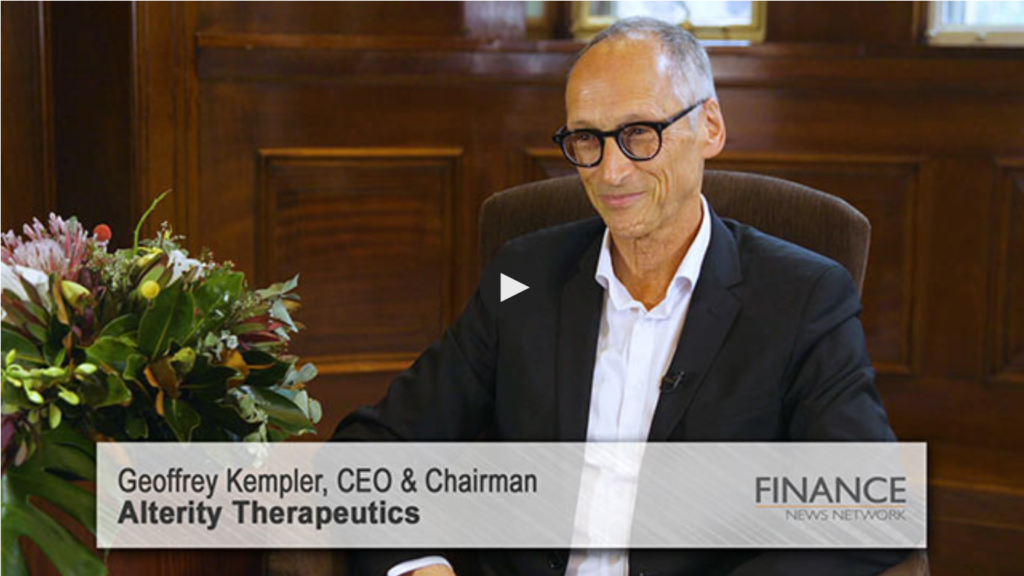Prana Completes Recruitment in Alzheimer’s Trial
12 month Phase II study with PBT2 in early Alzheimer’s patients
Melbourne – 27 November, 2012: Prana Biotechnology (NASDAQ:PRAN; ASX:PBT) today announced that it has completed recruitment in the IMAGINE trial, a 12 month Phase II trial testing PBT2, the Company’s drug in development for Alzheimer’s Disease.
The double-blind placebo controlled trial has enrolled 41 patients with prodromal or mild Alzheimer’s Disease in Melbourne, Australia. One additional patient may be included in the trial, subject to final screening procedures this week. All trial participants are undergoing brain scans to measure PBT2’s effect on amyloid deposits in the brain (using PiB-PET scanning) and effects on increasing brain activity (F-FDG PET). Cognition effects are being measured by the Neuropsychological Test Battery (NTB), a test that measures the type of cognitive problems experienced by prodromal and early Alzheimer’s patients.
In an earlier 12 week Alzheimer’s Disease trial, PBT2 significantly reduced the level of Abeta protein in the spinal fluid of treated patients as well as significantly improving their cognitive Executive Function1,2,3.
“We expect that the current 12 month IMAGINE trial will provide further evidence of PBT2’s ability to have a positive effect in the brain and help Alzheimer’s patients,” said Prana’s Executive Chairman, Mr Geoffrey Kempler.
The scientific data supporting the belief that PBT2 will bring meaningful clinical benefit to patients is extensive. PBT2 restores neuronal health by selectively binding and redistributing brain metals (copper, zinc) that have become imbalanced due to disease or the ageing process. Furthermore PBT2 is able to prevent Abeta protein induced toxicity and promote its disaggregation in the brain.
The trial has received funding from the Alzheimer’s Drug Discovery Foundation (ADDF). Howard Fillit, MD, the ADDF’s Executive Director commented that “PBT2 stands out as one of the few remaining orally available agents with clinical trial evidence of cognitive benefit for Alzheimer’s patients. Success in this trial will demonstrate target engagement by PBT2 in the brains of people with Alzheimer’s Disease, and accelerate the clinical development of PBT2 to patients”.
Alzheimer’s Disease and dementia affects over 26 million people worldwide. The cost to society has been reported as $600 billion per annum. Currently all available treatments are approved to provide some degree of symptomatic relief. None change the course of the disease and the eventual decline in patient’s cognition and health. PBT2 has the potential to be an effective treatment for Alzheimer’s Disease that is supported by an extensive body of scientific and clinical work.
References
- Lannfelt et al. “Safety, Efficacy, and biomarker findings of PBT2 in targeting Abeta modifying therapy for Alzheimer’s disease: a controlled phase IIa, double-blind, randomized, placebo- controlled trial”, Lancet Neurology (2008) vol. 7, pp. 779-86.
- Lannfelt et al. Errata: Lancet Neurology (2009) vol. 8, pp. 981.
- Faux et al “PBT2 Rapidly Improves Cognition in Alzheimer's Disease: Additional Phase II
- Analyses”, Journal of Alzheimer’s Disease (2010) vol. 20 pp. 509-516


